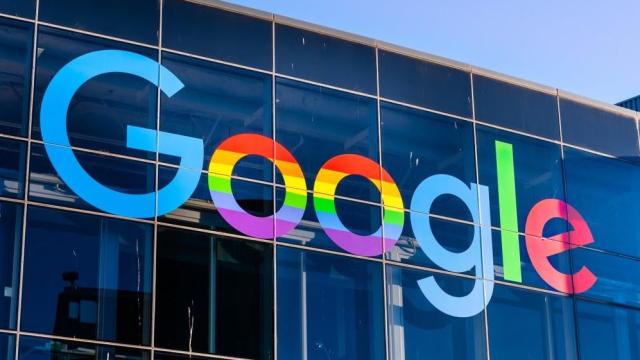Google employees booed the company at its second annual drag show following the company’s decision to reverse its support for the event. Google withdrew its support of the planned drag show after some employees signed a petition saying the event was offensive to their Christian religion.
The San Francisco-based drag show featured performer Joshua Grannell, whose stage name is Peaches Christ, and who has performed in the city for 30 years. Google had initially agreed to sponsor the event which was hosted at a bar in the Castro neighbourhood, but reportedly backtracked on its decision after it received the petition, saying it hadn’t followed the necessary protocols when agreeing to the show.
“I don’t usually talk about this sort of thing,” Grannell said in a video posted to TikTok. “Folks who work at Google put this together and we did this last year and it was fabulous and it was fun and we had a good time. And this year, a group of Christians at Google signed a petition to take this event from their employees because they thought it was upsetting, offensive, controversial,” Grannell said in.
Grannell’s speech received boos from people in the audience, including Google employees who wore “Pride” t-shirts, while one person yelled: “We support you!”
The event was scheduled to conclude Pride Month by showing Google’s supposed support for the LGBTQ+ community, but when the drag show was reportedly removed from Google’s events page, it sparked outrage. Its removal coincided with the petition signed by a few hundred employees who accused Google of religious discrimination and disrespecting Christian co-workers. “Their provocative and inflammatory artistry is considered a direct affront to the religious beliefs and sensitivities of Christians,” employees said in the petition, CNBC reported.
When asked if the petition contributed to Google reversing its support and if it plans to hold Pride events next year, a Google spokesperson declined to answer.
Google confirmed to CNBC that the drag show performance was no longer categorised as a “Google-recognised diversity, equity, and inclusion event,” the outlet reported, adding that the company had set up a separate social event at its offices and was encouraging employees to attend that event instead.
The controversy comes as 11 Republican-led states have introduced legislative proposals to restrict or ban drag shows including South Dakota, which proposed a bill to prohibit state-operated facilities from hosting an event “where a performer exhibits a gender identity that is different from the performer’s biological sex through the use of clothing, makeup, or other physical markers, for the predominant purpose of appealing to a prurient interest.”
Speaking about the lack of support from politicians and companies across the U.S., Grannell said at his performance, “This thing that happened with Google, unfortunately for this event, is actually indicative of a huge groundswell of hatred across the country using drag queens and trans people as scapegoats.”
In 2021, Google voiced its support for the LGBTQ+ community with a message on its site saying it was committing to “help fund and celebrate inclusive spaces that foster belonging for all.” The company held a virtual Pride party on YouTube and said it had committed to $US4 million in cash and ad grants to LGBTQ+ businesses and organisations that had been affected by the Covid-19 pandemic.
But with Google’s decision to back off its support for the Pride event, Grannell told CNBC, “For me, it’s a real bummer to see this happen but I also think it needs to be called out.” He continued, “If you’re going to put a rainbow flag on stuff and march in the queer Pride parade but not support your queer employees and not take a stand against anti-queer sentiment, even in the name of religion, then you’re not a real ally.”
